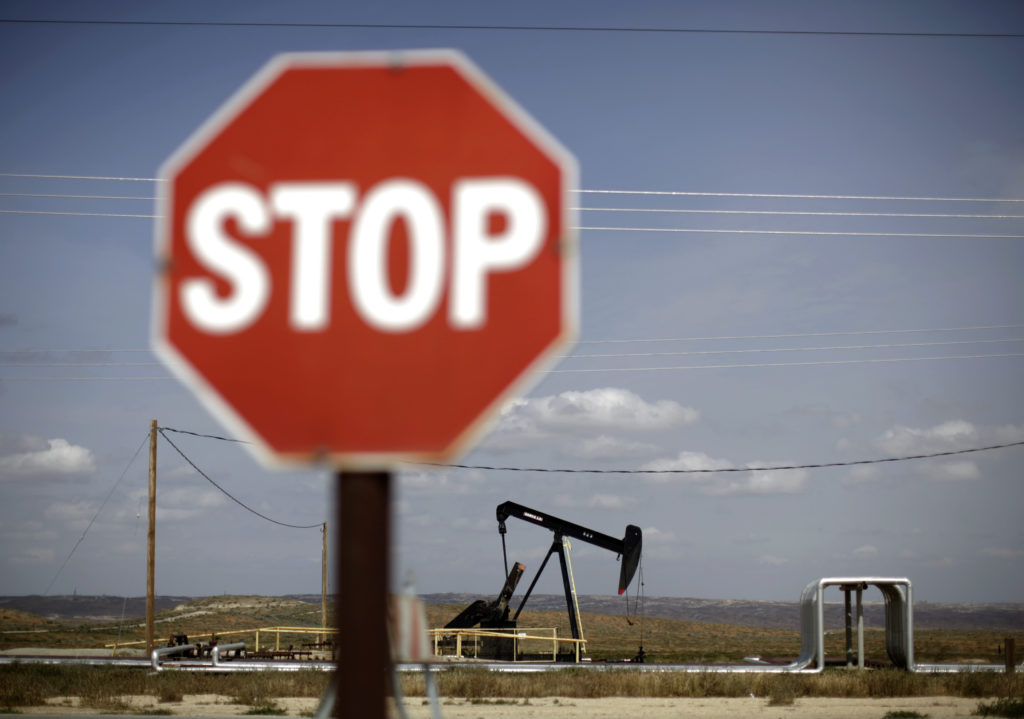LONDON – Hedge funds sold petroleum for the seventh time in nine weeks, as rising coronavirus infections in the major oil-consuming markets dampened hopes for an early resumption of long-haul passenger aviation.

Hedge funds and other money managers sold the equivalent of 40 million barrels in the six most important futures and options contracts in the week to Aug. 17, taking total sales to 253 million barrels since June 15.
In the most recent week, funds were sellers across the board of Brent (-25 million barrels), NYMEX and ICE WTI (-9 million), U.S. gasoline (-3 million), U.S. diesel (-1 million) and European gas oil (-3 million).
Most sales were profit-taking on existing bullish long positions (-28 million barrels) but there was also some new bearish short-selling (+12 million), as the outlook for oil consumption in the second half of the year worsened.
The combined position across all six contracts has fallen to 692 million barrels (the 62nd percentile for all weeks since 2013), down from a recent peak of 945 million barrels (85th percentile) in the middle of June.
Long positions outnumber short ones by a ratio of 4.26:1 (58th percentile), down from 6.06:1 (80th percentile) nine weeks ago, as the fund community’s former bullishness has ebbed away (tmsnrt.rs/3Da0M5u).
The surging number of new coronavirus cases in Asia, Europe and especially North America has postponed the return to the office for many employees as well as the anticipated resumption of business and leisure-related flying.
Many governments will remain reluctant to ease quarantines for international travellers and other restrictions on mobility until coronavirus transmission is under better control and the northern hemisphere winter is over.
As a result, the anticipated increase in long-haul aviation has been pushed back from the second half of 2021 into 2022, delaying the expected increase in oil consumption.



